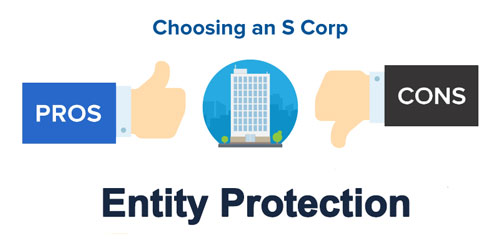
Remember: Business entities are for holding business assets i.e. assets that can be used to generate profit. A personal residence, personal yacht, or something else that has no chance of making you money should NOT be owned by a business entity so as to protect your assets.
See for example In re Turner, 335 B.R. 140 (Bkrpt. N.D. Cal 2005).
“‘Asset protection’ is not illegal and is honored by the law if done for a legitimate purpose. For example, an individual may do business through a corporation or limited liability company and will not be held personally liable for the debts of the entity. The assets of the corporation or limited liability company will not be considered the assets of the individual interest holder.
However, an entity or series of entities may not be created with no business purpose and personal assets transferred to them with no relationship to any business purpose, simply as a means of shielding them from creditors. Under such circumstances, the law views the entity as the alter ego of the individual debtor and will disregard it to prevent injustice.”
Personal assets are usually protected with some form of trust. Not any trust will do. You need a Non Qualified Personal Residence Trust (NQPRT) for a home, Defective Beneficiary Taxed Trust (DBETT) for other personal assets, or an offshore trust for assets that can be placed offshore. We discuss these types of trust in later lessons.